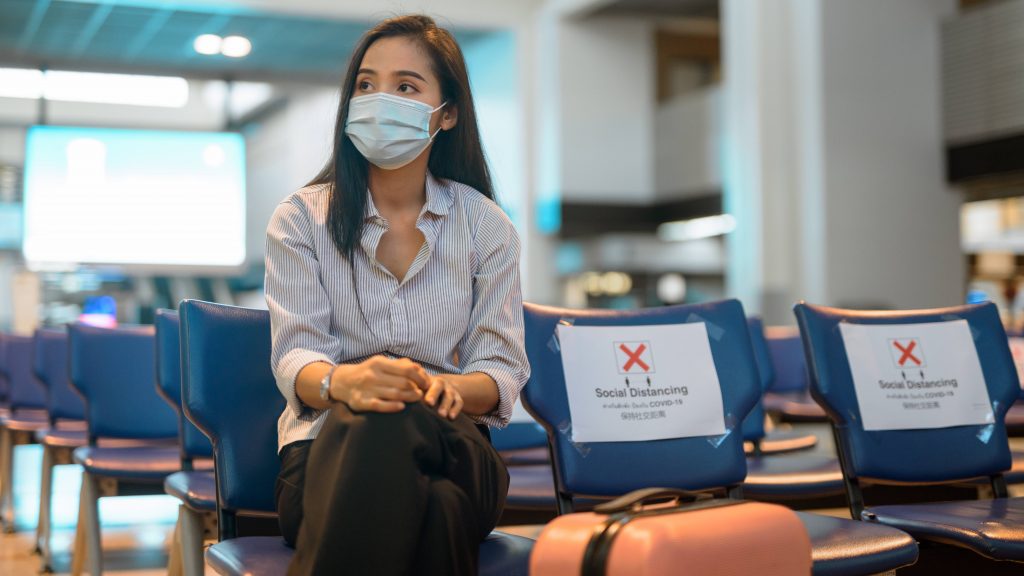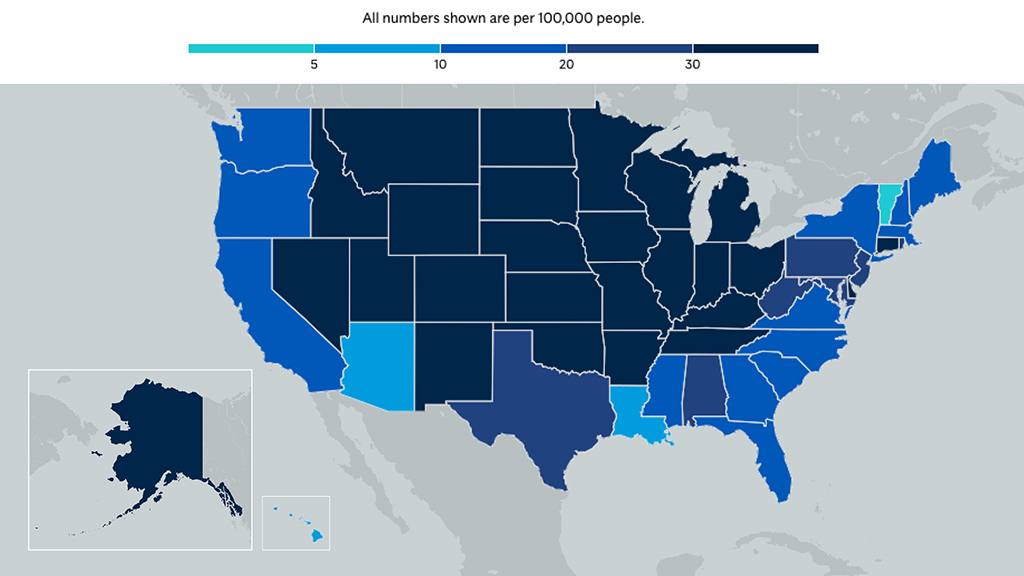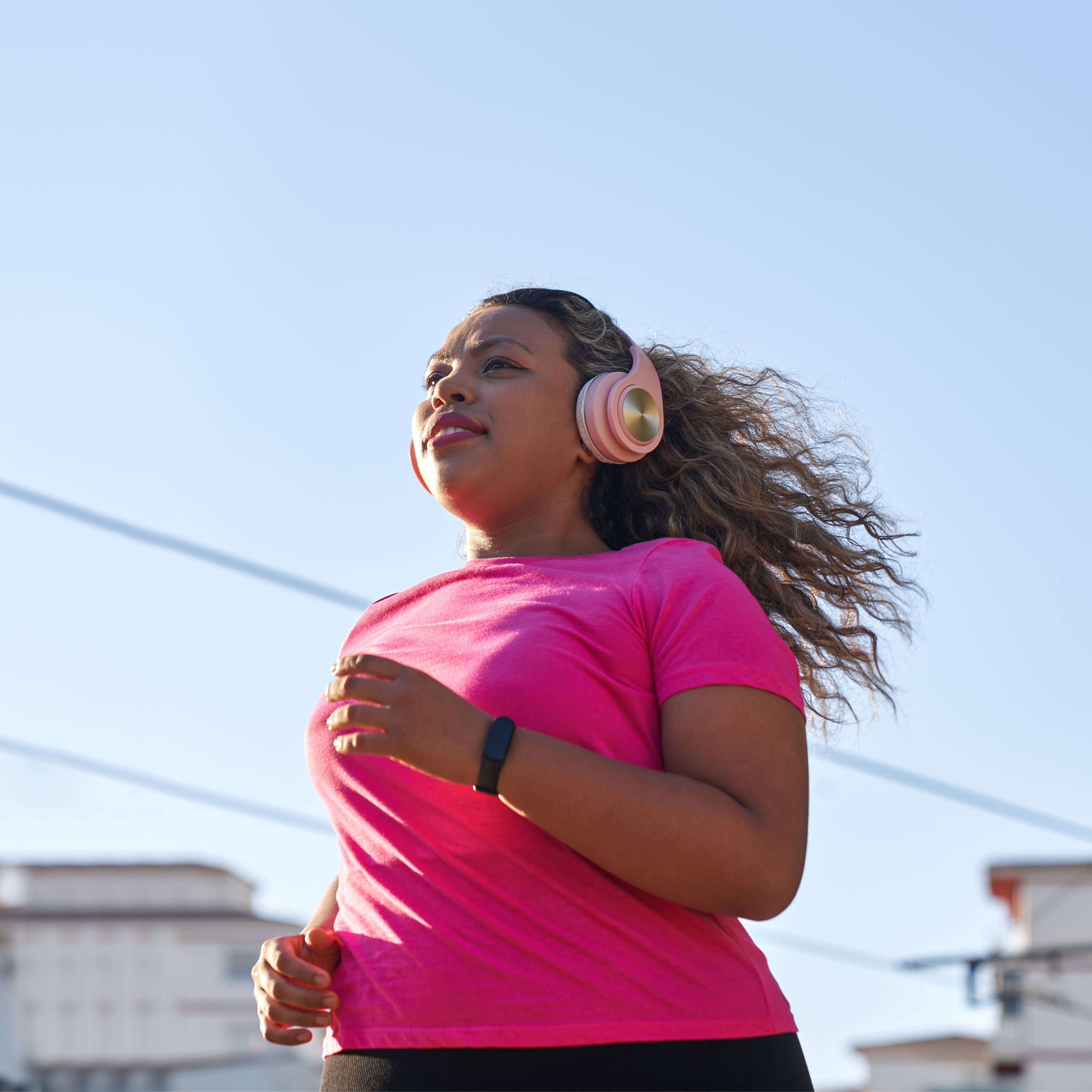
Want to head home for the holidays? You may need to reconsider your travel plans because of the COVID-19 pandemic.
Dr. Anthony Fauci, director of the National Institute of Allergy and Infectious Diseases and a White House coronavirus adviser, said during a recent webinar that his children, who live in separate states across the country, won't be coming home for Thanksgiving due to the fear of possibly spreading the virus.
Travel increases your risk of contracting and spreading the virus, according to Dr. Nipunie Rajapakse, a Mayo Clinic pediatric infectious diseases specialist.
Watch: Dr. Rajapakse talks about holiday travel.
Journalists: Broadcast-quality sound bites with Dr. Rajapakse are available in the downloads. Please courtesy, "Nipunie Rajapakse, M.D./Infectious Diseases/Mayo Clinic."
"I think this year, we all need to be very careful about the decisions that we make about travel," says Dr. Rajapakse. "Certain types of travel ― for example, air travel versus traveling by car ― have differing risks. And depending on where you're coming from and where you're going to, and the rates of transmission of virus in those settings, can affect your risk of getting infected, as well."
The Mayo Clinic COVID-19 tracking map can help you understand where the travel hot spots are and what that might mean for your holiday plans.
If you decide to travel, try to avoid crowded transportation hubs such as airports. Be extremely cautious, especially in the 14 days prior to getting together with loved ones. People who are at increased risk for illness should avoid in-person gatherings.
If you are sick or you've been exposed to COVID-19, stay home except to get medical care. Contact your health care provider for medical advice or use Mayo Clinic's COVID-19 self-assessment tool.
Health officials recognize that Americans are being asked to sacrifice a lot during this pandemic, and being apart from loved ones during the holidays is especially difficult.
"Over the past few months, we have really asked people to give up a lot of things and activities that they enjoy. This is really difficult, especially when it comes to times like the holidays that we're used to getting together with friends and families," says Dr. Rajapakse. "We have to keep in mind over 200,000 Americans who have been lost during this pandemic and those families that won't be celebrating with them this year. And I think that really kind of helps to put things in perspective as to the risks that we as individuals, as families, are willing to take to celebrate this holiday season with our loved ones. We would hate to see anyone's holiday celebration end up in the loss or illness of a loved one. And that's really why we're making these recommendations to everyone: to try and keep people as safe as possible this holiday season."
Learn more about: Tracking and trending COVID-19

Information in this post was accurate at the time of its posting. Due to the fluid nature of the COVID-19 pandemic, scientific understanding, along with guidelines and recommendations, may have changed since the original publication date.
For more information and all your COVID-19 coverage, go to the Mayo Clinic News Network and mayoclinic.org.







